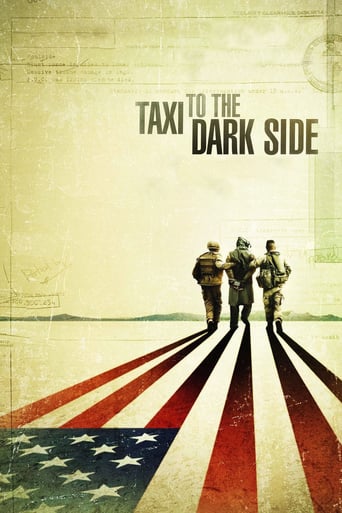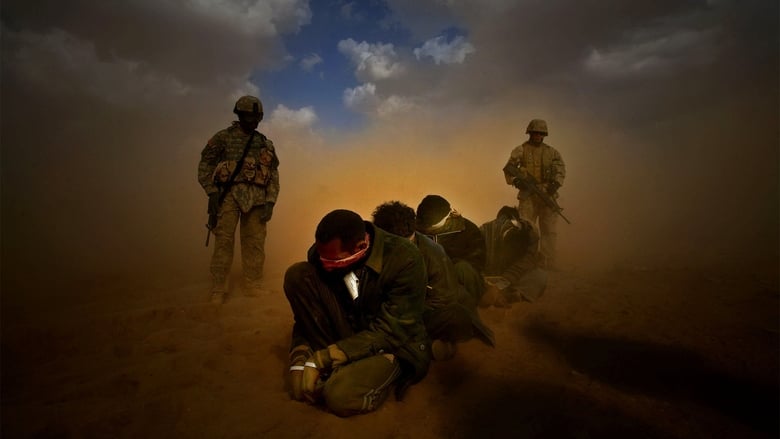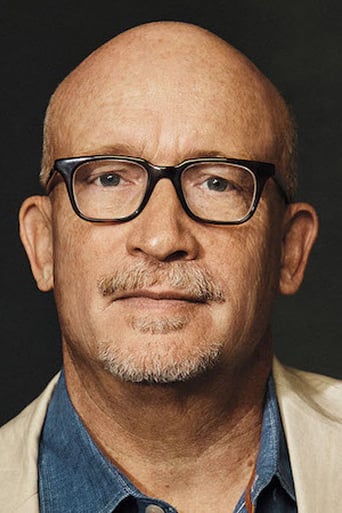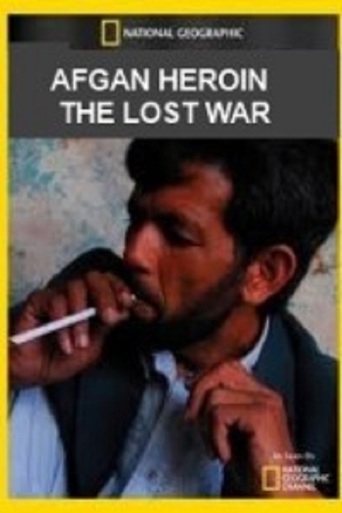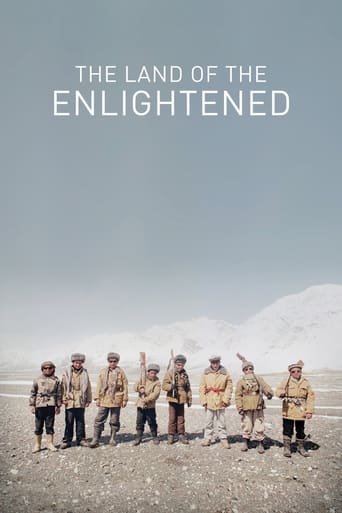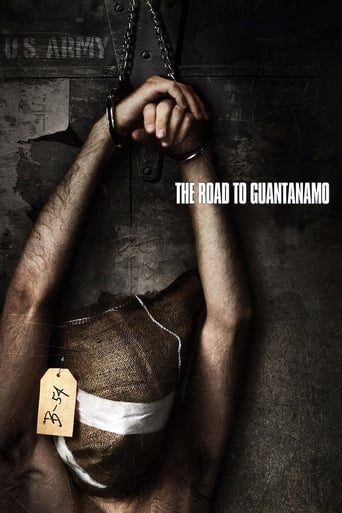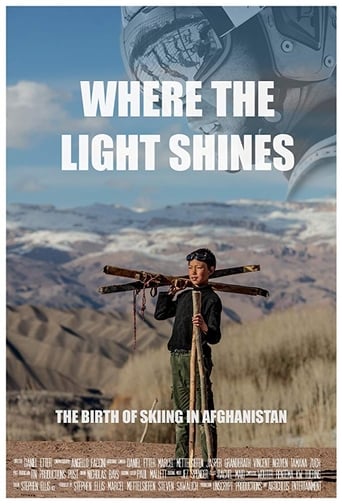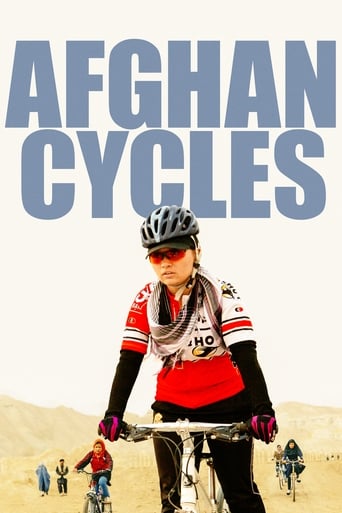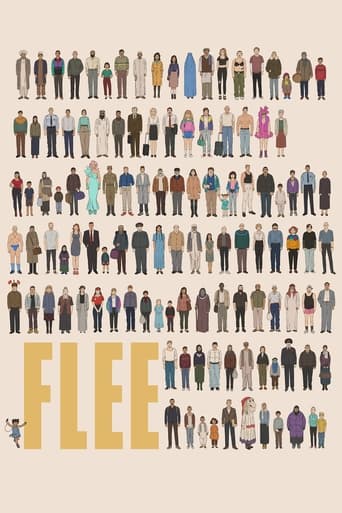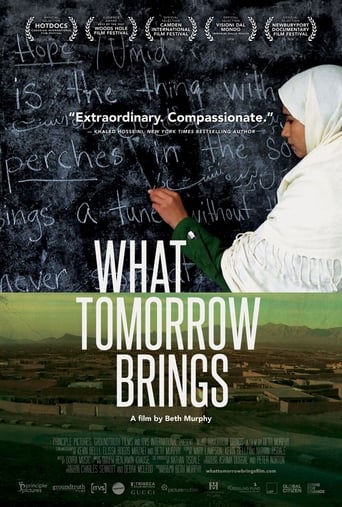Taxi to the Dark Side (2007)
An in-depth look at the torture practices of the United States in Afghanistan, Iraq and Guantanamo Bay, focusing on an innocent taxi driver in Afghanistan who was tortured and killed in 2002.
Watch Trailer
Cast


Similar titles
Reviews
This film examines changes after 9/11 in U.S. policy toward suspects in the war on terror. Soldiers, their attorneys, one released detainee, U.S. Attorney John Yoo, news footage and photos tell a story of abuse at Bagram Air Base, Abu Ghraib, and Guantanamo Bay. From Bush, Cheney, Rumsfeld, and Gonzalez came unwritten orders to use any means necessary. Taxi to the Dark Side will entertain fans of the whole documentary, war stuff but for viewers who wanna be truly entertained and wait for something better? It's a must not watch easily. (0/10)
Fits the leftist agenda.Hollywood is leftist, that's why movies and TV shows are often leftist.
With a title like Taxi to the Dark Side, you know it's not going to be a light-and-fluffy film, but it's a film that needed to be made, and should be seen by everyone.The measure of a nation is how well it lives up to its ideals in the worst of times. 9/11 was that trial for America, and America failed. If you do not believe that former U.S. president George W. Bush, former vice president Dick Cheney, Secretary of Defense Donald Rumsfeld, White House Council John Yoo, and at least a half dozen other members of the Bush Administration are guilty of war crimes, you must see this documentary.Even if you suspect they do, but have lingering doubts – you must see this documentary.And especially if you don't know either way, and know nothing about this issue – you must see this documentary.This is not some sort of Michael Moore propaganda piece. This transcends partisan politics. It deals with a broader issue. It focuses on the treatment of just one detainee and will probably make you sick to your stomach – if you can stomach it at all. And then reminds you that this happened not to just one guy, but to 83,000 others too.Hell yes, its difficult to watch - there is graphic photos of torture – but is that an excuse not to watch it? The fact is they are presented because showing them is necessary to fully understand the extent of what went on. And guess what? If you are an American, you damn well should sit through this, because you are guilty too – this is what your elected officials did.Of course when word finally got out, and they got blowback for it, in an outrageous act of cowardice, they left their own subordinates out to dry.The film makes the case, clearly, efficiently and thoroughly. Which makes it not only an excellent documentary, but an important one too.
Because this is a documentary, I have to go about writing this review differently. First I will write about how it's constructed and the information it provides, then I will write my own personal response to the film.Alex Gibney's "Taxi to the Dark Side" is a tell-all about how the U.S. government's position on torture really operates. There is no doubt that this is a controversial subject, but it is essential viewing.Credit has to go to Gibney for not trying to make an attack on the Bush Administration and its practices. Unlike Michael Moore, he lets the information speak for itself. If there is something that deflects blame from someone that we previously thought should be held accountable, he still uses it. On the flip side, he lets no one who is guilty of something get away with it.The information comes fast and furiously, but it is clearly illustrated. Voiceovers, images, and interviews are used to great effect. "Taxi to the Dark Side" is a tad long, but Gibney has a lot to say.Now for my thoughts..."You put people in a crazy situation and people do crazy things."--one of the former interrogators interviewed.Indeed, the times we live in are "crazy," especially for the armed forces fighting overseas. It seemed that after 9/11 everything changed. The terrorist attacks on that day shocked the world, and the American people wanted justice. As an American, I can't blame them.But the question I ask is, at what cost do we want justice? If we don't uphold the values that we are governed by, then what are we protecting? What's the point of fighting if we can't live the way we want to, and the way that millions have given their lives for us to be able to live like in the past? After viewing the film, it seems to me that this stemmed from us wanting quick justice even though it couldn't be obtained. The pressure to do so caused us to act irrationally, and this is the result. Everyone knows that torture doesn't work, as victims are more likely to say what their abusers want to hear than that we simply don't know. But we bypass all the laws to get answers to prove that we're doing something.Yet this answer seems like incomplete reasoning. If this is the case, than why would John Yoo, who authored memos that exploited loopholes to give Bush and his cabinet expansive powers on this issue, and to give us leverage to disregard the Geneva Convention, which is supposed to protect people from these kinds of interrogation. Just because they may not be protected by the Geneva Convention, does that mean that we can torture them? Do they not have the same rights as someone who is? While we can blame people like Lyndie England, who committed the torture, Gibney says while their actions were reprehensible, and they did take their actions too far (and I think they should have been punished), he also portrays them as scapegoats. The soldiers had no real training, and were given vague, at best, guidelines at how to interrogate them.Furthermore, Gibney proves how important our right to a trial is. A shocking number of terrorists are kept in detention and tortured because they were handed over to the US by the Pakistanis and Iraqi army. But they were put in detention without a trial, and most with no evidence (and sometimes they were given a huge bounty in exchange). So how can we really know that these people are actually insurgents? Some are, but how many? Even if you're liberal or a conservative, this is a must see.

